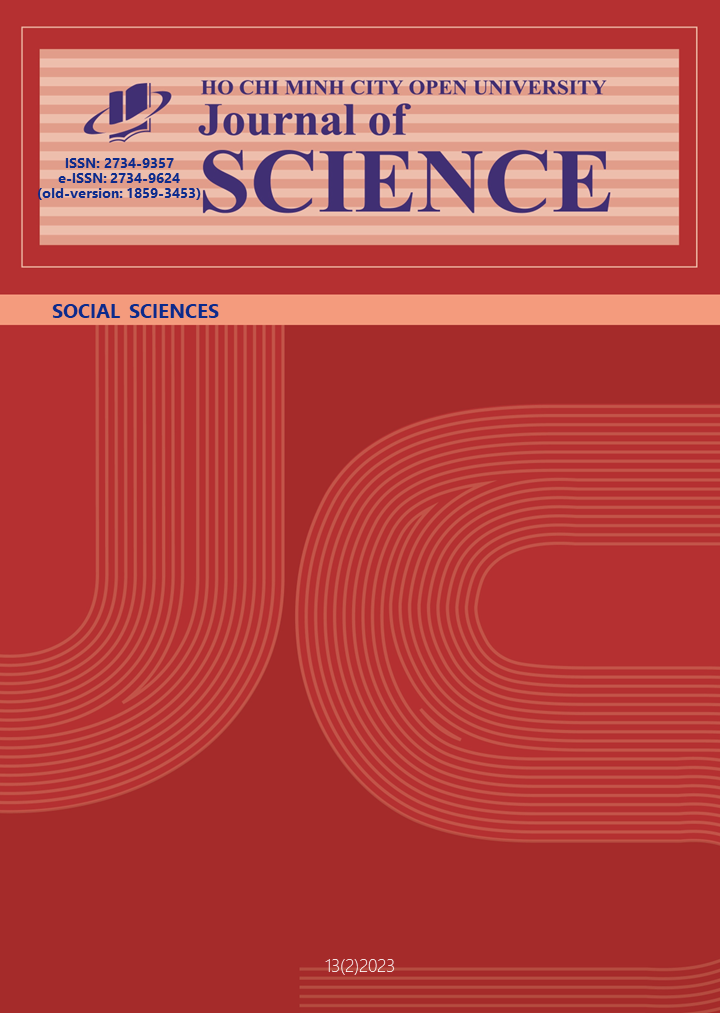Vietnamese EFL secondary teachers’ translanguaging use and their perceptions
Tóm tắt
Although the concept of translanguaging is not new, little is known about how it is employed and viewed by Vietnamese English as a Foreign Language (EFL) teachers in both public and private institutions. By investigating how EFL secondary teachers in the public and private sectors employ translanguaging in language schools and their perceptions, this convergent mixed-method study bridged the gap in the current literature. Following the collection of questionnaires from 32 secondary school teachers in a district of Hanoi and four semi-structured interviews with 04 survey participants, descriptive analysis was used to examine the quantitative data, while thematic analysis was used to analyze the qualitative data. The merged results showed that most teachers in both sectors had positive opinions on translanguaging and thought it was crucial for scaffolding students’ learning, especially for cognitive purposes (e.g., to explain difficult grammar/vocabulary) due to the importance of grammar and vocabulary for exam preparation while using translanguaging for affective purposes was found unimportant by most participants. Also, teachers in public schools reported using translanguaging more frequently than those in private schools due to the private institutions’ policy. The study continues to confirm the results of previous studies, supporting translanguaging use in EFL classrooms. It also argues that translanguaging should not be prohibited but included strategically in language teaching, calling for reconsideration of language policy from private schools. Some implications were offered, and further research is needed to generate more insights.

